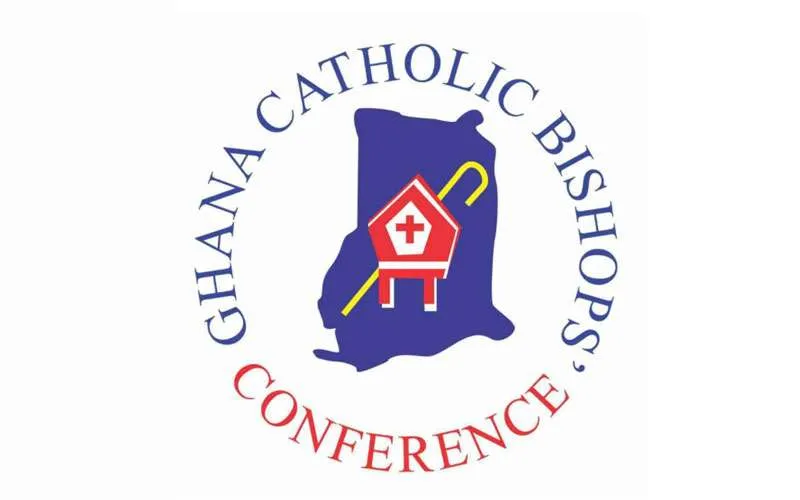They add in reference to the Pontifical Biblical Commission, “Its interpretations are not magisterial and it does not represent the theological standard of the Roman Catholic Church.”
The Bishops further argue that the members of the Pontifical Biblical Commission clarified that the 2019 Book in question “was designed as a launching pad for further biblical, theological and philosophical study.”
GCBC members go on to cite the Secretary of the Congregation for the Doctrine of Faith, Archbishop Giacomo Morandi, who indicated “clearly that the publication of the book did not constitute an opening to unions between persons of the same sex as some people erroneously had claimed.”
Archbishop Morandi made the clarifications in his 20 December 2019 statement issued four days after the publication of the book.
The Archbishop, GCBC members say, “reminded all who were tempted to misuse the opinions expressed in the book that the book itself, in no. 185, affirms: ‘The institution of marriage constituted by a stable relationship between husband and wife is constantly presented as evident and normative in the entire biblical tradition.’”
(Story continues below)
GCBC members further note that Archbishop Morandi highlighted the book’s affirmation that “there are no examples of a legally recognized 'union between persons of the same sex.”
While the Pontifical Biblical Commission “rightly states that the text of Genesis does not deal with homosexual people, it does not deny the fact that what the men of Sodom intended to do with the two male guests of Lot constituted homosexual acts,” the Catholic Bishops in Ghana say.
According to GCBC members, “Lot's offer to give his two virgin daughters in place of the two male guests shows that he perceived the desire of the men of Sodom as perverted lust.”
“If the author(s) of the IDNOWA response had bothered to do a little bit of research, they would have noticed what other Bible scholars and theologians and the official Church organ which oversees the Roman Catholic Church's normative teaching have said in reaction to the interpretation of the Sodom and Gomorrah story in Genesis 19,” the Bishops in Ghana say in their response to the five-year old entity.
The Bishops also address the use of the word "arsenokoitai" in the First Letter of St. Paul to the Corinthians, which IDNOWA leadership says, unlike the Bishops’ interpretation, it refers to the “exploitative sexual relationships between men, but not to durable ones based on love and mutual care.”
For the Bishops in Ghana, IDNOWA’s interpretation of the term is “neither supported by the immediate context of I Corinthians 6:7-11 nor by what we know of the Greco-Roman society of the time.”
St. Paul, the Bishops say, “is here warning his Corinthian Christians against engaging in homosexual acts which he considers as sinful and undignified of the Christian.”
GCBC members thank IDNOWA for the “desire to contribute to the national dialogue on homosexuality in Ghana” but remind members of the entity that “the long-held teaching of the Roman Catholic Church has been that while homosexual people ... are to be loved and respected and not discriminated against, homosexual acts are intrinsically immoral.”
“It is for this reason that the Church does not approve of ‘unions between people of the same sex,’” GCBC members say in their February 25 statement.
They add in reference to those involved in homosexual acts, “Following the example of Jesus himself who came not to call the righteous but sinners to repentance, the Church in her pastoral care is solicitous about the salvation of all God's children and endeavors to show them God's love and mercy.”








